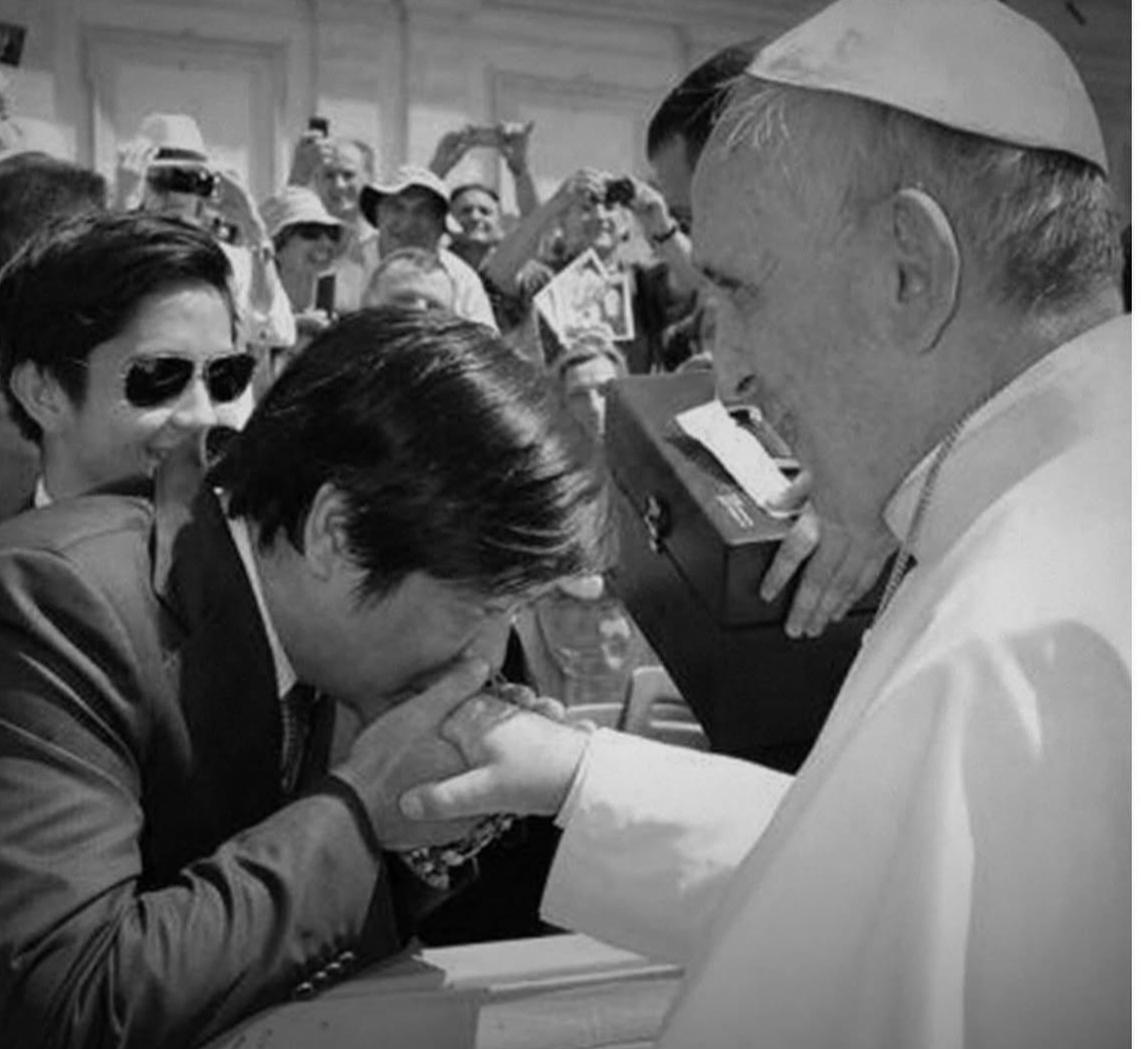IF someone tries to “carnap” you, it’s understandable if you get “high-blood.”
Along with 38 other Filipino terms, these two words were included in the Oxford English Dictionary (OED) in its June 2015 update of the “definitive record of the English language.”
The announcement of the inclusion, made on Thursday, June 25, marks the largest single batch of words from Philippine English to be recognized and published simultaneously in the dictionary, said Danica Salazar, a Filipino lexicographer based in the United Kingdom and is consultant editor for OED, Inquirer reported.
It is also first time OED used the term “Philippine English” as a label for the Filipino variety of English usage.
In a statement, editors of the dictionary said they viewed the inclusion of Philippine English terms as part of its ongoing commitment to recording words from all varieties of English worldwide.
“In this particular batch of Philippine English words, we made sure to have a balanced selection of items that show all the ways in which Filipinos have adapted the English vocabulary to suit their communicative needs,” Salazar said in an email interview with Inquirer.
Among terms now recognized as a variation of the English language include “gimmick,” meaning a night out with friends; “presidentiable,” meaning a person who is a likely or confirmed candidate for president; and “balikbayan,” referring to a Filipino returning to or visiting the Philippines from overseas.
“Evidence for these usages is not just found in the Philippines but also in parts of the United States that have large Filipino populations,” the editors wrote.
“Halo-halo” (a shaved ice dessert), “KKB” or “kaniya-kaniyang bayad” (meaning each one pays their own), “utang na loob” (a sense of obligation to return a favor owed to someone) and “despidida” (a going-away party) are also included in the OED list, which adopted a total of 500 new words.
“The inclusion of Philippine English words … is an acknowledgment that this particular variety is as worthy of serious linguistic scholarships as older, more established varieties, such as British and American English,” Salazar told Inquirer.
Other words that have been included in the dictionary are:
baon (food or money one brings to work or school); barkada (friends one hangs out with); estafa (fraud); kikay (vain girl); kuya (older brother); mabuhay (long live); pasalubong (souvenirs brought back home from another country or place); suki (regular customer or seller).
“Becoming part of the OED is a recognition of the role that Philippine English plays in the evolution of the language. Such recognition may also lead to the realization among Filipinos that the liberties we take with English are not aberrations, but rather linguistic innovations that reflect our own cultural experience and contribute to the richness of English,” Salazar said.
The OED also revised 900 words and added more than 2,400 new definitions of existing words in this month’s new list.
Salazar, who began working at OED in December 2014, previously completed a research piece on “improving the representation of Philippine English in the Oxford Dictionary,” Inquirer reported. She said more Philippine words are on their way into the dictionary.
“The idea that I am contributing my own knowledge and work on World Englishes, and Philippine English in particular, and that this work will, many years from now, continue to be used by a new generation of lexicographers that are keeping the OED current and useful for a new generation of users, that just gives me a real sense of purpose,” she said.
Salazar added that the word “kilig” – which refers the tingly feeling associated with romance that is challenging to describe in one English word – may be the next addition. (With reports from ABS-CBN News, CNN, Inquirer and Rappler)
(www.asianjournal.com)
(LA Weekend June 27 – 30, 2015 Sec A pg.1)






